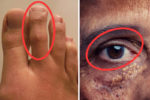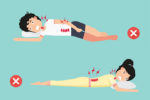The prevalence of cardiovascular diseases (CVD) is increasing with time. This can be owed to the modern lifestyle that brings many risk factors for cardiovascular diseases (CVD) with it.
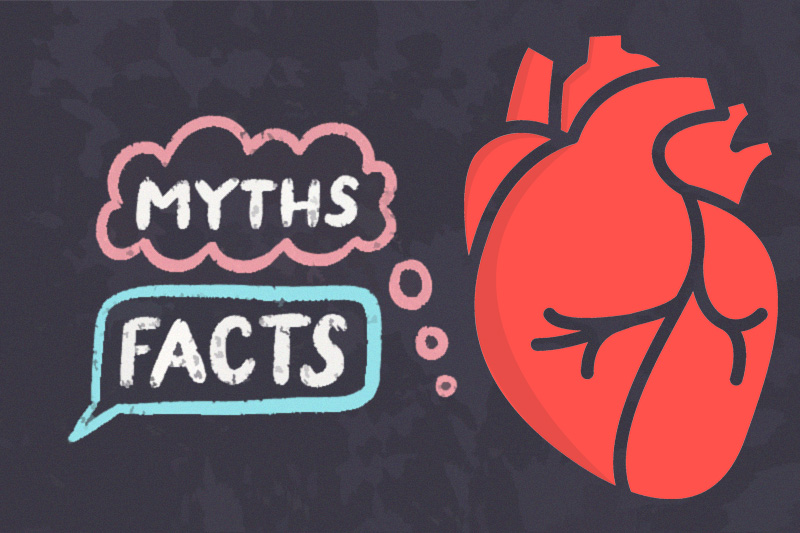
Most people are unaware of how their routine activities increase their susceptibility to heart diseases. In this article, we are going to discuss some biggest myths about cardiovascular diseases (CVD) to raise your awareness of these conditions.
#10 – Cardiovascular Diseases (CVD) Only Affect Old People
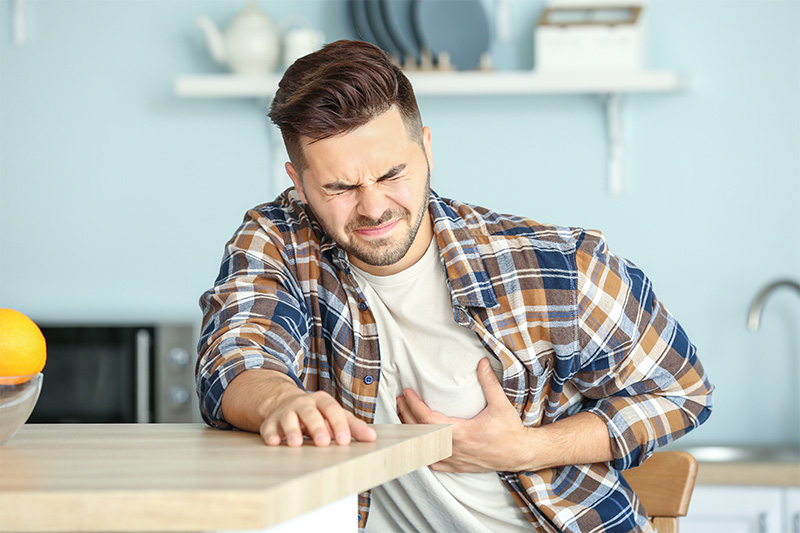
This myth makes young people careless about their risk of heart diseases. Remember that heart diseases can even be congenital. For acquired cardiac conditions, although the risk is lower at a young age, it is not entirely absent.
#9 – You Must Have a Family History of Heart Disease

Again, this is a myth. Having a family history of cardiovascular disease (CVD), no doubt, increases your risk of suffering from them. However, an absence of family history is not a guarantee that you will not have a heart condition ever in life. Cardiovascular disease (CVD) occurs as a result of an interplay between multiple factors. If your father, mother, or other close relatives do not suffer from it, even then it does not end the possibility of having other risk factors, such as an unhealthy lifestyle.
#8 – You cannot Prevent Heart Diseases in Case of Family History
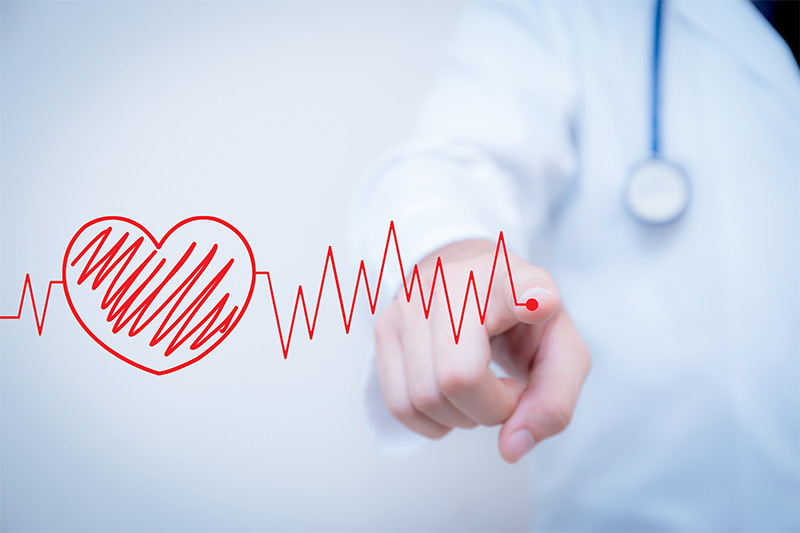
Well, just as described above, heart conditions are a result of multiple risk factors, and positive family history is one of them. However, it does not mean that you are bound to suffer from cardiac illness if your parents or siblings suffer from it. You can control other modifiable risk factors to lead a healthy life, such as diet, exercise, etc.
#7 – You Always Experience Chest Pain in Case of a Heart Attack
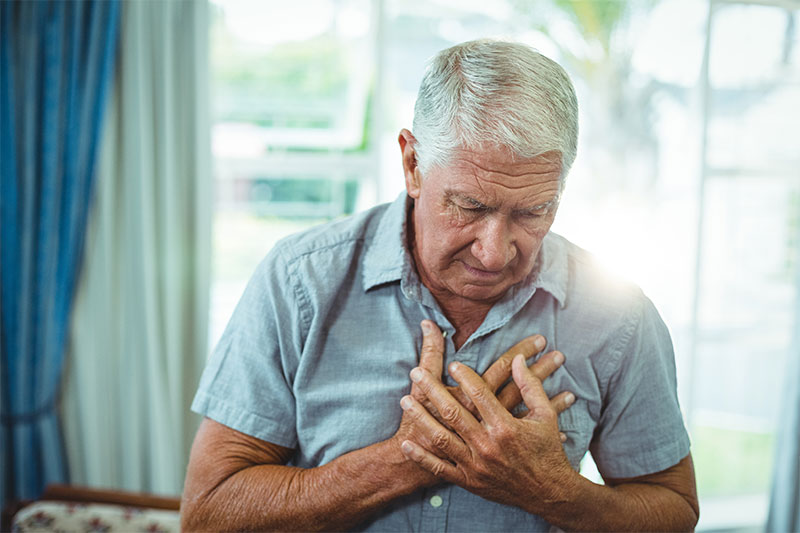
A heart attack does not always present with typical chest pain on the left side, just like you have been watching in movies. Sometimes, it can be painless as well. It is specifically true for people with diabetes and called silent heart attacks. It occurs due to nerve damage.
#6 – Your Cholesterol Gets High in Old Age
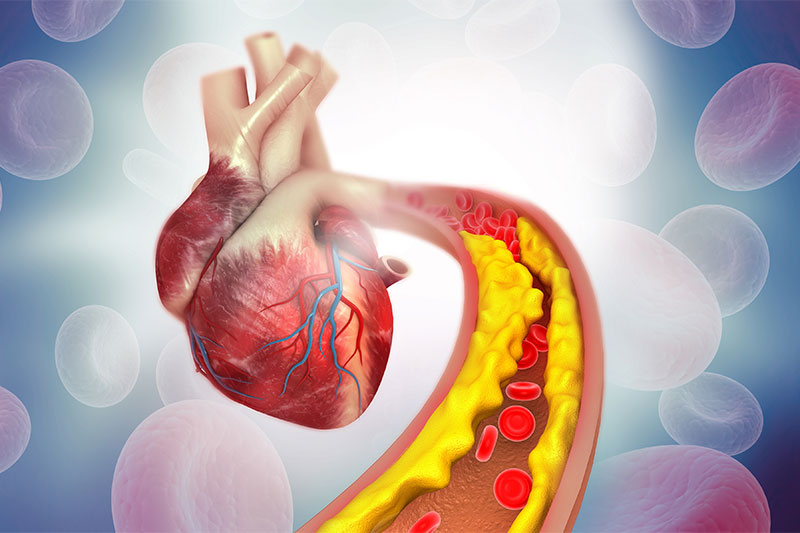
You all know that high cholesterol is associated with an increased risk of cardiovascular diseases (CVD). But many people think that cholesterol only gets high in the older years of your life. That is not true! You can face a high blood cholesterol level, even in your twenties. There are familial high cholesterol conditions that affect younger individuals.
#5 – Your Fast Heartbeat is Harmless
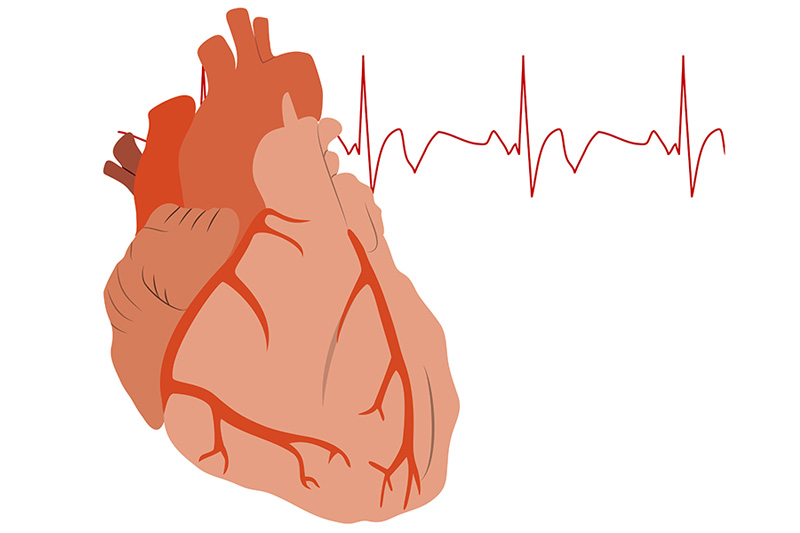
Some people experience episodes of fasts and irregular heartbeat but ignore it, thinking that it might be associated with some lifestyle factor. It can be dangerous, do not ignore it. A fast and irregular heartbeat can signify arrhythmia that is a life-threatening condition.
#4 – Cardiovascular Diseases (CVD) Only Involve the Heart
That is another myth. Cardiovascular diseases (CVD) can involve the heart as well as any part of the vascular system. Even if you experience pain in your legs because of blood clots, a condition called deep venous thrombosis (DVT), it will come under cardiovascular diseases (CVD). A stroke is also a cardiovascular disease (CVD) because it involves the blood vessels in your brain.
#3 – You cannot Do Physical Exertion After a Heart Attack

Well, that is wrong! Your doctor will never tell you not to move after you have recovered. Your doctor would instead suggest a rehabilitation program where you will be advised some physical activity according to the condition of your heart. Physical activity is necessary to make your heart strong and healthy.
#2 – Other Chronic Diseases are not Related to Heart Damage
Many chronic diseases have negative effects on heart health. The two most common of them are hypertension and diabetes. Hypertension increases the workload on the heart and can lead to heart failure. Diabetes can damage the heart and blood vessels leading to cardiovascular diseases (CVD).
#1 – You cannot Have a Normal Life with Heart Disease

Yes, that is also a myth. If not normal, then you can have a near-normal life even with heart disease. Your doctor will refer you to rehabilitation services that will help you return to a normal life. The most important thing is to take your medications regularly and follow your doctor’s advice, so you do not develop symptoms.

